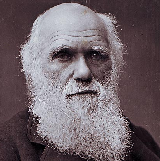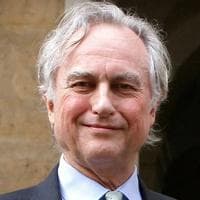Terence Tao MBTI Personality Type
Personality
What personality type is Terence Tao? Terence Tao is an INTP personality type in MBTI, 5w6 - so/sp - 513 in Enneagram, RCOAI in Big 5, LII in Socionics.
Why I think he's an INTP: 1. Ti vs Te While I haven't watched his teaching personality, I have seen it described as very logically ordered from the ground up; a fellow mathematician says "it is not easy to find gaps in Tao’s knowledge, and if you do then you may well find that the gaps have been filled a year later.” This is really indicative of the way Ti users create a logical view of the world not based on fact applied, but more of an extensive internal framework based on logical conclusions. Secondly, many of his discoveries are based in pure theory, not application. He is literally quoted to say "mathematics works on problems that won't have any application for 20 years" when describing his field. While Te can also work in pure theory, there would be likely be more of a focus on the efficiency and factual knowledge. Overall, Ti as the judging function makes the largest degree of sense. 2. Se vs Ne I would say Ne for 2 reasons: his career trajectory and childhood descriptions match up quite well with Ne, and also Se trickster function is evident. First, his career. Tao is known for his discoveries than span the fields of mathematics, not really concentrating in one area. Jumping from one subcategory to another, he's published over 200 research papers in 15 years, and one of his most famous was in a niche of research so far from his original expertise it's akin to "a famous English writer releasing the definitive Russian novel." He also describes his childhood hobbies as creating board games and imaginary maps with his brothers, both activities that rely heavily on envisioned possibilities and imaginary connections. You can also see a description of him having Se trickster in a New York Times article, where the journalist describes him as not fitting into typical genius stereotypes, except for his habit of absentmindedness, losing things like books and forgetting put on a second sock since childhood (INTP stereotype anyone?) He also had a bit of an awkward gait "as if he was just not that interested in walking." Both just scream Se tricker, an unawareness of his present condition. INTP vs ISFJ: I've seen some convincing arguments for him having Si, but they seem more of disposition related characteristics that aren't necessarily his dominant way of understanding the world. Also, on a timeline basis, him having Ti as a child makes the most sense, because of his innate desire to create logic and a very clear desire to innovate rather than utilize already established methods and ideas. He would also be developing Si and Fe later and life, which would make sense in terms of his online presence as a blogger and reputation of friendliness from his students. And lastly, a note on intuitive bias. A very real problem, don't get me wrong. I hate to be the bad guy here, but a lot of mathematicians are INTP regardless of sensor bias. That's the effect of Ti Ne. While not all mathematicians are INTPs and not all INTPs are mathematicians, a fair amount will be drawn to the field, and it's not something to get angry or suspicious about. No one's gatekeeping math, it's just that it's not uncommon for an Tao and other mathmaticians to be INTPs, so the high amount on pbd isn't necessarily sensor bias if the person genuinely fits the cognitive functions.
Biography
Terence Chi-Shen Tao (born 17 July 1975) is an Australian-American mathematician who has worked in various areas of mathematics. He currently focuses on harmonic analysis, partial differential equations, algebraic combinatorics, arithmetic combinatorics, geometric combinatorics, compressed sensing and analytic number theory. As of 2015, he holds the James and Carol Collins chair in mathematics at the University of California, Los Angeles. Tao was a recipient of the 2006 Fields Medal and the 2014 Breakthrough Prize in Mathematics.
Related Personalities

Alan Turing
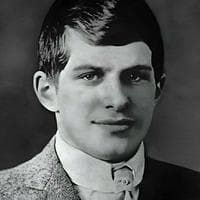
William James Sidis

Blaise Pascal
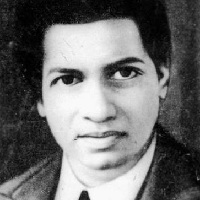
Srinivasa Ramanujan

Maryam Mirzakhani
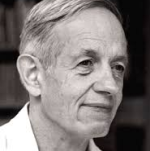
John Nash

Carl Friedrich Gauss

Gottfried Wilhelm Leibniz

